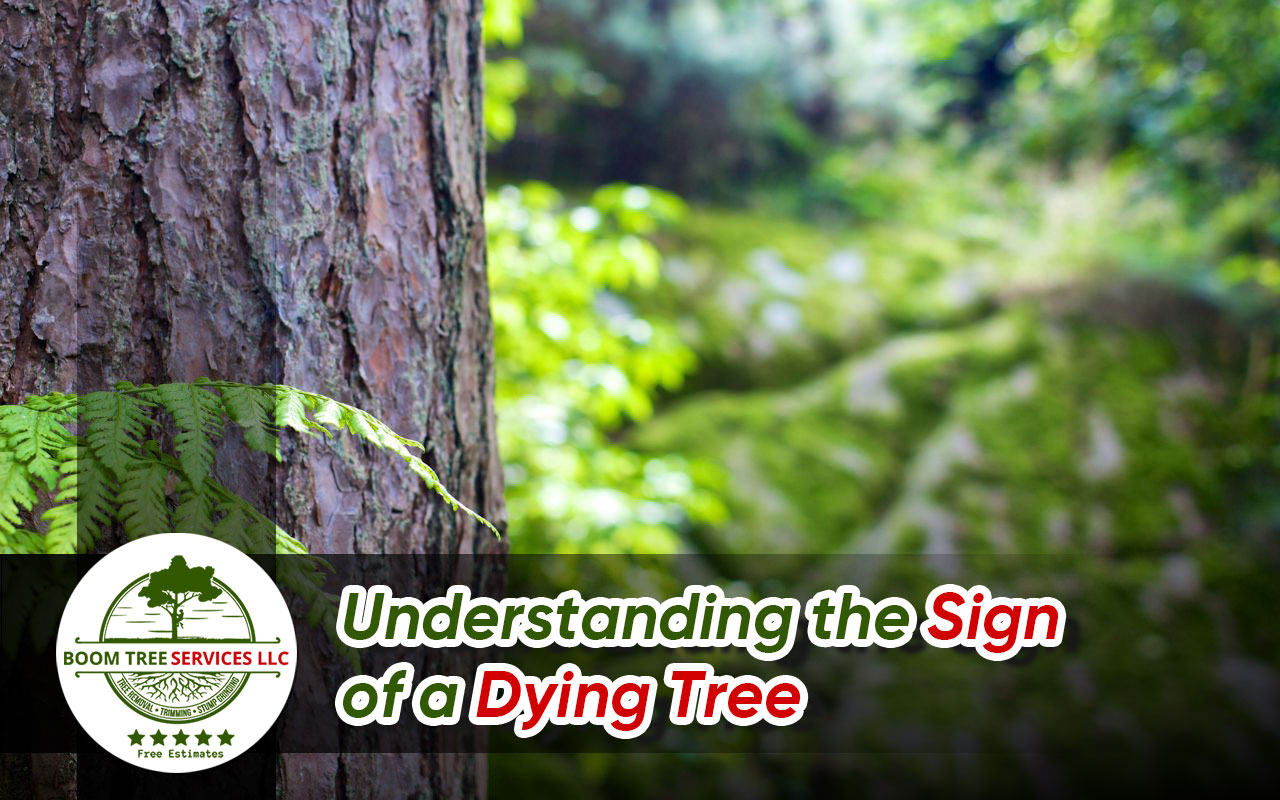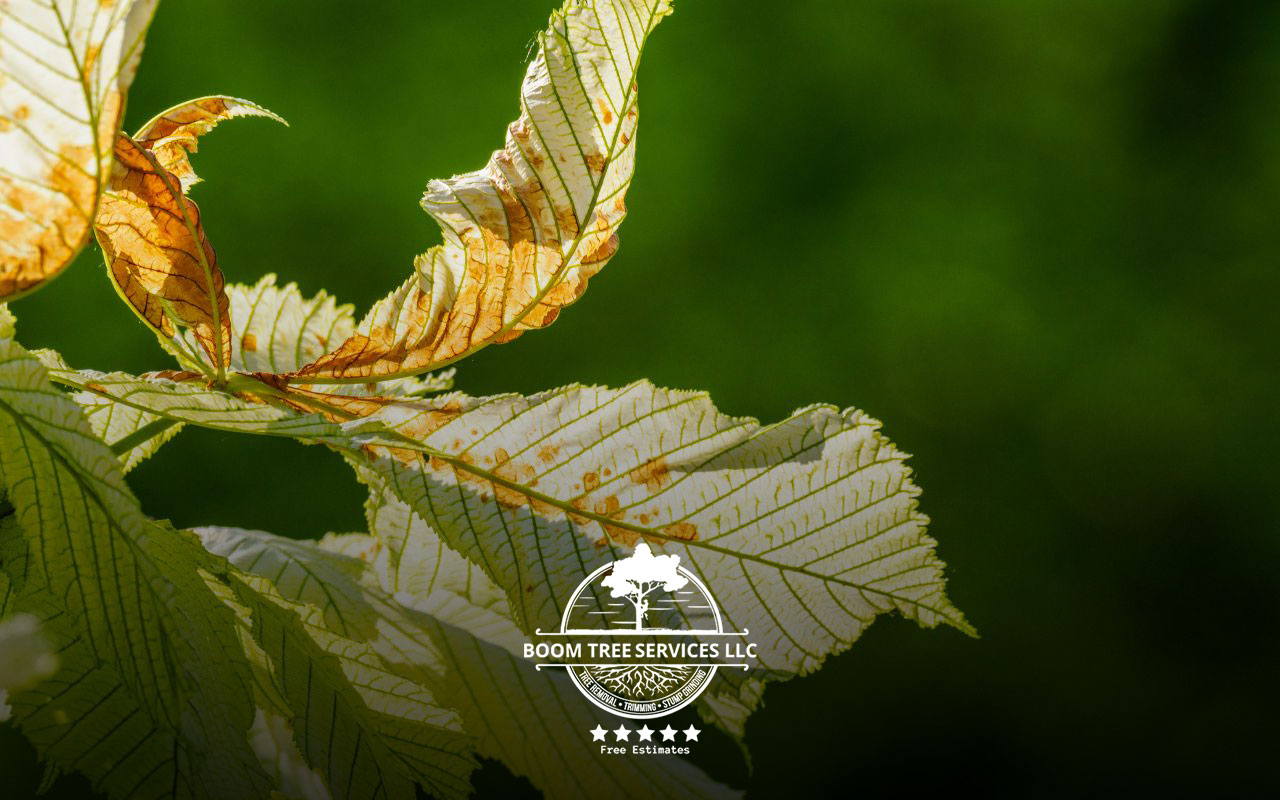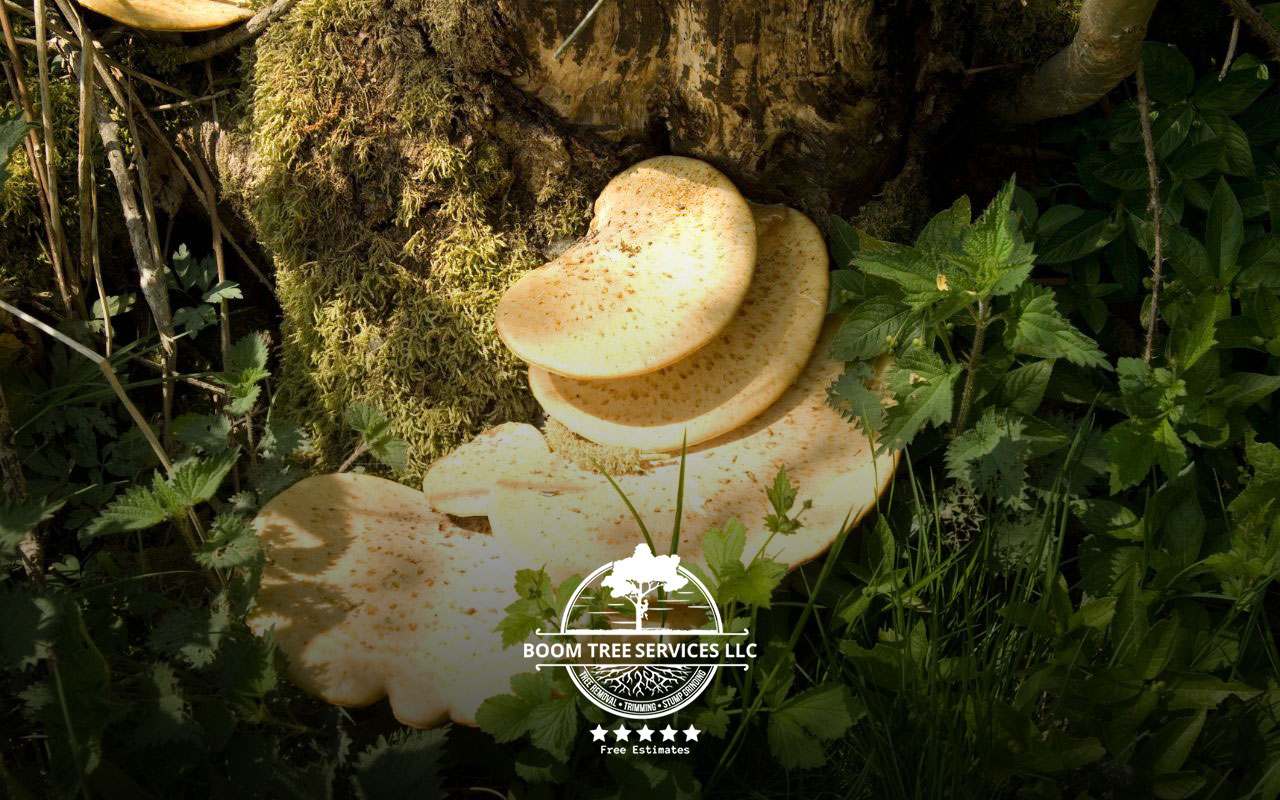
A homeowner’s worst nightmare is often the unexpected collapse of a large tree. Knowing the Signs of a Dying Tree can differentiate between timely intervention and potential disaster. Trees, like all living things, have a life cycle. They grow, thrive, and eventually, they start to decline. This decline can be due to diseases, pests, environmental stress, or natural aging. As responsible homeowners or caretakers, it’s crucial to be vigilant and spot these signs early. This ensures your property’s and loved ones’ safety and can sometimes help save the tree if caught early enough. This blog post will delve deep into the warning signs and provide a comprehensive guide to recognizing and addressing these issues.
Delving into the Signs of a Dying Tree
As the beauty and stature of trees add value to our properties and environment, it’s disheartening to see them decline. Trees are living entities; like all living things, they can become sick or stressed. Spotting early signs of a dying tree can help save it or prevent any risks. First, let’s understand the symptoms and what they tell us about the tree’s health before we continue.
Recognizing the Signs of a Dying Tree

- Bark Issues. Healthy trees have robust and intact bark, but as trees deteriorate, their bark starts showing signs of distress. Peeling bark, cracks, or spots where the bark is completely missing can indicate a dying tree.
- Leaf Discoloration. It can be a concerning sign when leaves change color during the wrong season. Leaves that turn yellow or brown before fall might indicate an issue. Persistent leaf discoloration might be due to disease or water stress.
- Deadwood and Brittle Branches. One of the most apparent “Signs of a Dying Tree” is the presence of deadwood. If branches snap off quickly or a section of the tree is dry and lifeless, it’s time to be concerned.
- Fungus Growth. Mushrooms or other fungi growing at the tree’s base can signify root decay. If you see this, it’s essential to consult an expert, as the tree’s structural integrity might be compromised.
- Leaning Tree. Trees can lean naturally as they grow, but if you notice a sudden change in your tree’s angle, it could be a sign that it’s losing its grip in the soil, indicating root damage or decay.
- Unusual Leaf Drop. A sudden, unexpected loss of leaves, especially outside the regular shedding season, can indicate stress or a potential health issue with your tree.
Root Health Check: Spotting Signs of Decay
The roots of a tree play a fundamental role in its stability and overall health. When roots are compromised, the tree can become structurally weak, increasing the risk of falling unexpectedly. Checking the root health of your trees can help you detect signs of decay or disease early.
Signs of Root Decay
Root decay is often invisible at first, but there are a few noticeable symptoms that can signal problems:
- Exposed Roots: Healthy trees typically have roots that are securely underground. If you notice roots becoming more visible or seeming to “surface,” it could be due to soil erosion or weakening. This could leave the tree vulnerable to further damage.
- Root Rot: Decaying roots may have a mushy or wet appearance, often caused by fungal infections from waterlogged soil or inadequate drainage. This is especially common in areas with heavy rainfall or poor soil drainage.
- Compacted Soil: Soil compaction around the base of the tree can choke the roots, preventing them from absorbing water and nutrients. Heavy foot traffic, construction, or vehicles near the tree base can cause this issue.
Why It Matters
If left untreated, root issues can lead to poor nutrient absorption, lack of stability, and ultimately, the death of the tree. Trees with compromised roots are also more likely to fall in strong winds, posing a safety risk to nearby structures and people.
Quick Tip for Homeowners
Check around the base of the tree after heavy rains. If the soil appears waterlogged, ensure proper drainage or contact a professional to assess root health. Regularly clearing debris from the base also helps maintain healthy roots.
Pest Indicators Beyond Sawdust
When a tree is under stress or weakened, it can become a target for various pests. Recognizing these pest indicators early can be vital to preventing further damage. While sawdust at the tree base often signals termites or carpenter ants, other signs of infestation might indicate that a tree is declining.
Common Tree Pests and What to Look For
- Borer Holes: Borers are beetles that drill small holes into a tree’s bark, weakening it from the inside out. If you notice tiny, round holes along the bark, this could indicate an infestation. These pests often leave behind frass, a fine powder resembling sawdust, which accumulates around the holes.
- Aphid Colonies: Aphids are small, soft-bodied insects that feed on the sap of stressed trees. You might notice sticky honeydew on leaves or surfaces below the tree, as aphids produce this substance while feeding. Honeydew buildup can lead to mold growth, further stressing the tree.
- Leaf Damage from Caterpillars or Beetles: Chewed or discolored leaves can also signal pest issues. Leaf-feeding pests can strip a tree of its foliage, causing stress and leaving it more vulnerable to disease.
Why Addressing Pests Matters
Pests damage trees and can introduce diseases that speed up tree decline. In some cases, pests target already weakened trees, exacerbating issues like rot, leaf loss, and nutrient deficiencies.
Quick Tip for Homeowners
Inspect your tree’s bark, leaves, and base every few weeks, especially during pest peak seasons. If you see unusual activity, discoloration, or sticky residue, consult a tree specialist who can recommend safe and effective treatment options.
Additional Insights on the Signs of a Dying Tree

- Tip: Regularly inspect the base of your trees. If you notice small piles of sawdust, this can indicate an infestation of pests like termites or carpenter ants.
- Fact: Trees have an immune system. When injured, they release chemicals to ward off infections and pests. However, when the tree is overly stressed or diseased, its defenses might weaken.
- Question: Are you watering your tree appropriately? Both over-watering and under-watering can lead to signs of a dying tree. Ensure your tree receives the right amount of moisture.
- Fact: Not all fungi on trees are harmful. Some mushrooms, especially those on the trunk or branches, can signify decay, but others might have a symbiotic relationship with the tree.
- Tip: Regular pruning can help you spot and remove dead or dying branches, preventing the potential spread of diseases and reducing the risk of falling branches.
Why Trust Boom Tree Services LLC with Your Trees?
Trees are invaluable assets to our homes and communities. However, timely and professional intervention is crucial when they show distress or decline. We stand at the forefront of tree care, ensuring your green giants get the attention they deserve. With a team of experts versed in spotting the “Signs of a Dying Tree,” we provide the health of your trees and the safety of your surroundings. Worried about your tree’s health? Contact us today for a comprehensive assessment and unparalleled care.
